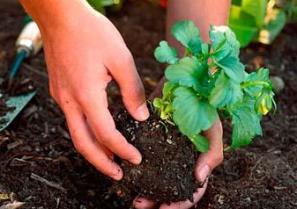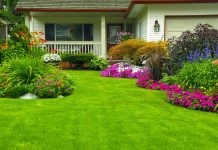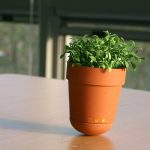 Want to ensure your garden flourishing? The first and most important thing to check is the quality of the soil.
Want to ensure your garden flourishing? The first and most important thing to check is the quality of the soil.
If the soil quality is up to scratch, plants will grow vigorously and produce prolifically.
The success of a perfect garden depends on many factors, but soil quality is the most basic consideration.
If you are new to gardening and want to start your own garden, there are a few basic factors you need to know about setting up the garden soil [soil types] to support the healthy growth of plants.
If you live in a concrete jungle especially, finding quality soil will be a really daunting process.
Quality soil can be artificially made if you cannot find it naturally. It is essential to find quality soil to support the growth of your plants and ensure that they flourish.
Requirements of good garden soil
Good garden soil must have basic qualities such as nutrients, pH and texture. Proper composition of these will ensure your plants have a good yield and grow healthily.
Nutrients: There are many nutrients that are responsible for the proper growth of the plants. Some are mandatory nutrients while other elements are particularly needed. Important nutrients are potassium, nitrogen and phosphorous.
Potassium is a necessary nutrient in the soil for healthy growth of the plant. It strengthens the immunity system and helps aid the plants. It is soluble in water and needs to be refilled from time to time for proper growth of the plants.
Nitrogen is important for the healthy growth of the stems and leaves of the plants. Nitrogen is made available by nitrogen-fixing bacteria which converts nitrogen into nitrates.
Nitrates are important in the soil for the plant growth and the decaying material present in the soil. Excess traces of nitrogen in the soil can give extra foliage which rapidly grows flowers and fruits.
Phosphorous is responsible for the proper growth of the plant roots. Flowering bulbs and root crops need excess amounts of phosphorus. Soil which has excessive traces of phosphorus will act as a perfect flower booster. Flowering plants need much phosphorus to achieve full bloom.
Other essential nutrients include calcium, magnesium and zinc.
pH: This is the measure of soil acidity or alkalinity. The scale of the pH goes from 1.0 to 14.0, acidic to alkaline respectively. 7.0 means neutral; the lower the pH numbers the more acidic the soil is, the higher the pH number, the more alkaline. Normally 7.0pH is preferable for proper growth of the soil, but some plants thrive in soil with a slight acidic nature ranging from (6.2-6.8).
Texture: This refers to the soil particle size. Sandy soil contains large particles and all the nutrients and water sink down as the soil particles are big and make the soil too loose.
Clay particles are very small and get packed together, leaving less space for water and air to pass through the particles. So, quality soil should be composed of a mixture of these soils.








